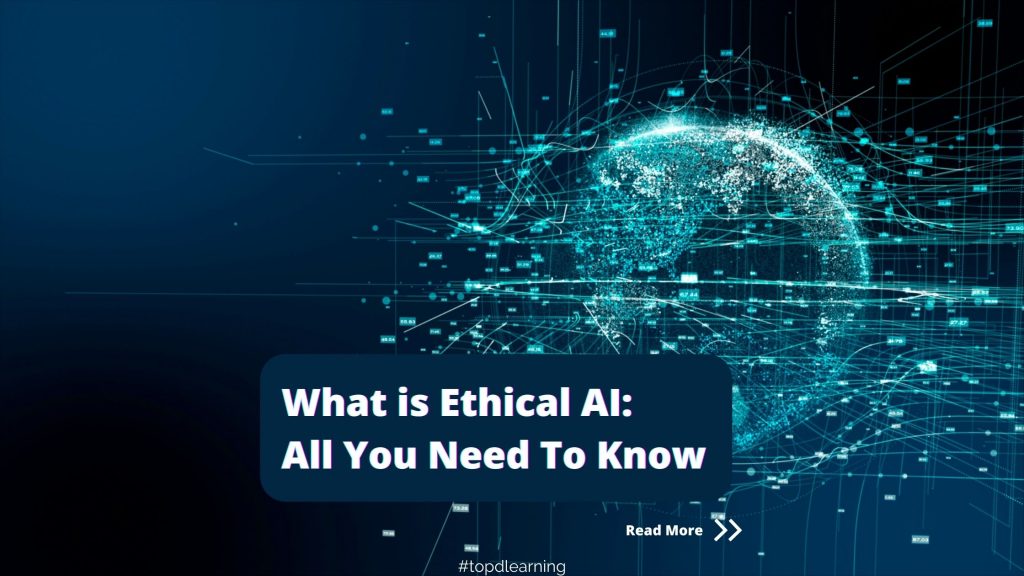If you’re wondering what ethical AI is, or how it can be used to create better outcomes for humans and machines, then this blog is for you. We’ll explain everything you need to know about ethical AI, from its definition to its key principles. You’ll learn about what ethical AI is, challenges of it and how it can benefit us.
Introduction
Artificial intelligence is quickly changing the way we live. There are few people who are not affected by its widespread applications. AI came a long way since its conception and the recent developments in the field of machine learning, deep learning, natural language processing and other areas related to AI have helped AI become more intelligent.
Artificial intelligence is the future of automation and analytics and it will completely change the way we live, work and play. There has been a lot of buzz about how it can intelligently automate processes, but what is ethical AI?
How is it different from regular AI. What are the ethical challenges around AI and how do we use it to better the lives of others? This blog will look at all these aspects and provide a deeper look at this exciting field.
Table of Content
- What is Ethical AI?
- What are the challenges of Ethical AI?
- Benefits of Ethical AI
What is Ethical AI?
The term ‘ethical AI’ is used to refer to the application of AI technology in a way that is considered to be morally right or good. This includes using AI to help achieve positive outcomes for individuals and society as a whole, while minimizing any negative effects.
There are a number of issues to consider when it comes to ethical AI. For example, how can we ensure that AI systems are fair and unbiased? What are the implications of AI technology becoming increasingly sophisticated and powerful? How can we ensure that AI is used for the benefit of all, rather than just a select few?
These are complex issues with no easy answers. However, it is important to start thinking about them now, as AI technology is only going to become more prevalent in the years to come.
What are the challenges of Ethical AI?
Enterprises face several ethical challenges in their use of AI technology.
Explainability: When AI systems go awry, teams need to be able to trace through a complex chain of algorithmic systems and data processes to find out why. Organizations using AI should be able to explain the source data, resulting data, what their algorithms do and why they are doing that.
“AI needs to have a strong degree of traceability to ensure that if harms arise, they can be traced back to the cause,” said Adam Wisniewski, CTO and co-founder of AI Clearing.
Responsibility: Society is still sorting out responsibility when decisions made by AI systems have catastrophic consequences, including loss of capital, health or life. Responsibility for the consequences of AI-based decisions needs to be sorted out in a process that includes lawyers, regulators and citizens. One challenge is finding the appropriate balance in cases where an AI system may be safer than the human activity it is duplicating but still causes problems, such as weighing the merits of autonomous driving systems that cause fatalities but far fewer than people do.
Fairness: In data sets involving personally identifiable information, it is extremely important to ensure that there are no biases in terms of race, gender or ethnicity.
Misuse: AI algorithms may be used for purposes other than those for which they were created. Wisniewski said these scenarios should be analyzed at the design stage to minimize the risks and introduce safety measures to reduce the adverse effects in such cases.
Benefits of Ethical AI
By ethical practices, the risk of AI can be reduced, such as mass surveillance and human rights violations. It is a must to have sensible regulation to balance the potential harms and benefits of AI.
Numerous researchers are taking the initiative to develop AI that would follow ethical standards.
Some ethical frameworks can minimize AI risks and ensure a safe, fair, and human-centered AI. We will discuss some feature of Ethical Artificial Intelligence that would tell us better than how they make AI systems more safe and fair:
Social Well-being: Ethical AI makes the system available for the individual, society, and the environment’s sake. It will work for the benefit of mankind.
Avoid Unfair Bias: The AI system that is designed is ethically fair. It will not do any unfair discrimination against individuals or groups. It provides equitable access and treatment. It detects and reduces unfair biases based on race, gender, nationality, etc.
Privacy and Security: AI systems keep data security at the top. Ethical AI-designed systems provide proper data governance and model management systems. Privacy and preserving AI principles help to keep the data secure.
Reliable and Safe: The AI system works only for the intended purpose, thus reducing unknown mishappening chances.
Transparency and Explainability: Ethical system explains each prediction and output. It provides transparency for the logic of the model. Users get to know the contribution of data for the output. This disclosure justifies the output and builds trust.
Governable: By designing a system that works on intended tasks. It detects and avoids unintended consequences.
Value Alignment: Humans are making decisions by considering universal values. Ethical frameworks help to consider those universal values.
Human-Centered: Ethical Artificial Intelligence system values human diversity, freedom, autonomy, and rights. It serves humans by respecting human values. The system is not performing any unfair and unjustified actions. It respects individual freedom and autonomy. Our systems are fair and protected. Our system respects the rights of individuals.
Conclusion
We hope you enjoyed our post on what ethical AI is. As you can see, you’ve come to the right place! If you want to learn more about AI, you can check out our Artificial Intelligence training courses.
Feel free to reach out to us at TopDLearning.com We would be glad to hear from you!


